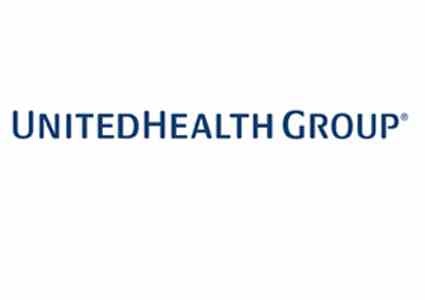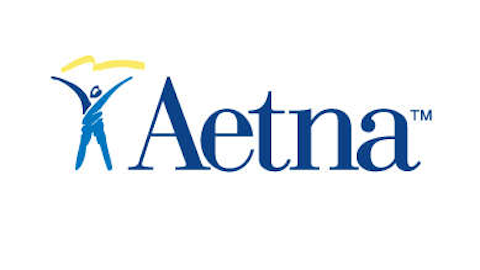The full implementation of the Patient Protection and Affordable Care Act, also known as Obamacare, is less than seven months away now. For many people, the confusion around what this bill will do, what it won’t do, why it was implemented, and what the potential benefits and risks are remains as elusive as ever. With each passing poll from Gallup and various other sources, the only prevailing theme I can come up with is uncertainty.
So today, I thought it would make sense to take a closer look at the state health exchanges that are being created under the PPACA and see how they could positively and negatively affect you and the insurance sector in the coming months. If you have a question, we may certainly have the answer below…

Source: White House on Flickr.
Why create a health exchange?
To fully understand the benefits and risks of state health exchanges, we first need to understand why they were created in the first place.
One of the primary goals of Obamacare is to ensure that as many people as possible have access to health insurance as an individual, through their employer, or via Medicare. Another primary objective is to keep the costs of health premiums from soaring. One way to accomplish both of these goals is by creating state-run exchanges where insurance companies can compete against one another on a level playing field with similar health offerings and transparent pricing. The thesis here is that consumers will be able to make smarter insurance purchasing decisions by being able to compare similar insurance packages with one another in a transparent setting.
How will these exchanges affect you?
The answer to this question is going to be different for everyone. If you’re receiving health insurance through an employer or via government-run Medicaid or Medicare, you’re probably not going to see too many drastic changes. If, however, you purchase health insurance for yourself, then there will almost certainly be changes to your coverage and/or pricing.
One of the new mandates of the PPACA is that it will create more encompassing minimum insurance policies. For people who purchased catastrophic insurance plans or bare-bones plans in the past, they could be in for quite the rate shock in January with a requirement of more encompassing policies. Conversely, people with preexisting conditions and/or those in need of premium health plans could see their costs fall as competition among insurers increases.
Who will run these exchanges?
The ultimate hope of the PPACA is to have the individual states set up and manage their own insurance exchanges. Admittedly, setting up an exchange isn’t as simple as it sounds — it’ll require sophisticated software to display and store vast amounts of insurance policy data. In addition, politics plays a key role among state governors — and suffice it to say that not all are in agreement that the PPACA is right for America. According to federal officials, just 17 states have opted to run their own exchanges with the remaining 33 to be run by the federal government.




